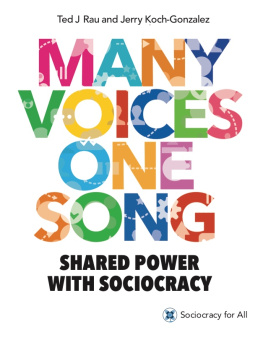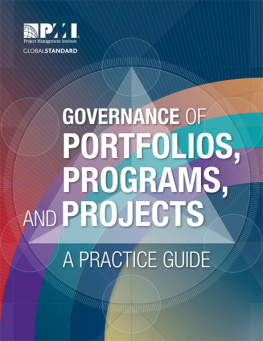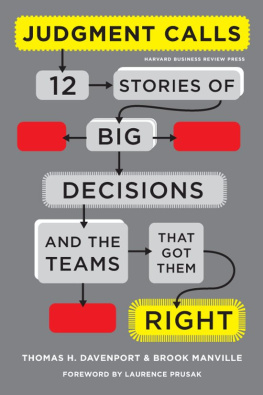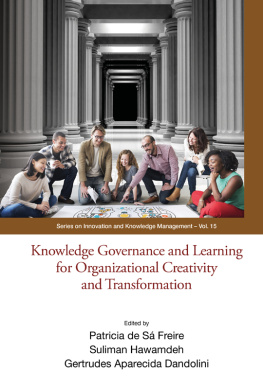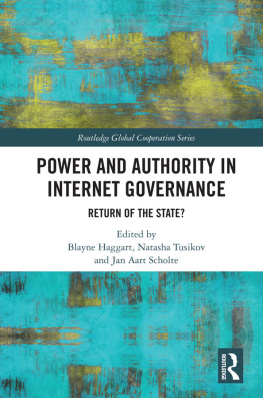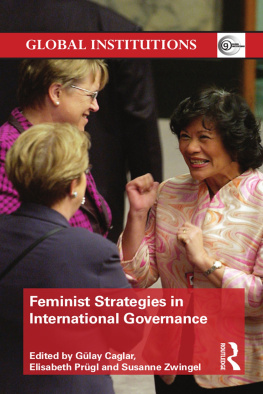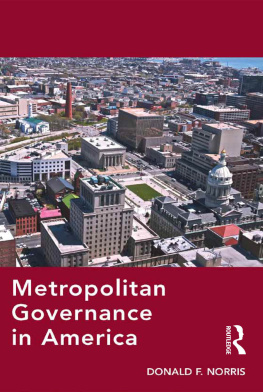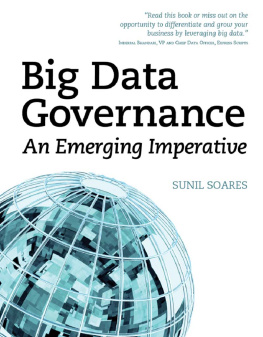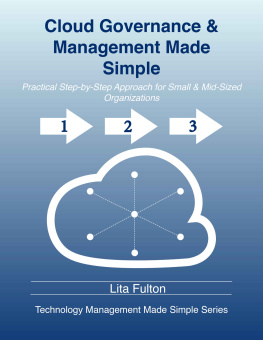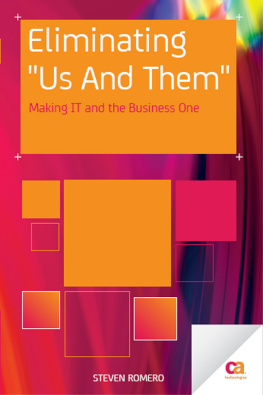
Many Voices One Song
Shared power with sociocracy
Ted J. Rau & Jerry Koch-Gonzalez
Sociocracy For All
Amherst, MA (USA)
sociocracyforall.org
Sociocracy For All
120 Pulpit Hill Road, Unit 8
Amherst MA, 01002
United States of America
info@sociocracyforall.org
Published by Sociocracy For All. Sociocracy For All is a project of Institute for Peaceable Communities (IPC), anincorporated 501(c)(3) non-profit organization in Massachusetts, USA.
by Ted J. Rau and Jerry Koch-Gonzalez, 2018. All words in this volume are available under a Creative CommonsAttribute-ShareAlike 3.0 License.
(See https://creativecommons.org/licenses/by-sa/3.0/deed.)
Rau, Ted J. Many Voices One Song. Shared power with sociocracy/Ted J. Rau, and Jerry Koch-Gonzalez.
Includes bibliographical references, diagrams, index
ISBN 978-1-949183-02-3
Cover and graphic design: Julian Howell, United Kingdom.
What I want in my life
is compassion,
a flow between myself and others
based on mutual giving from the heart.
(Marshall Rosenberg)
Detailed table of contents
1.1
1.1.1
1.1.2
1.1.3
1.1.4
1.2
1.2.1
1.2.2
1.2.3
1.3
1.3.1
1.3.2
1.4
1.4.1
1.4.2
2.1
2.2
2.2.1
2.2.2
2.2.3
2.3
2.3.1
2.3.2
2.3.3
2.3.4
2.4
2.4.1
2.4.2
2.4.3
2.5
2.5.1
2.5.2
2.5.3
2.5.4
2.5.5
2.6
2.6.1
2.6.2
2.6.3
2.7
2.7.1
2.7.2
2.8
2.8.1
2.8.2
3.1
3.1.1
3.1.2
3.2
3.2.1
3.2.2
3.2.3
3.2.4
3.2.5
3.3
3.3.1
3.3.2
3.4
3.4.1
3.4.2
3.5
3.5.1
3.5.2
3.5.3
3.6
3.6.1
3.6.2
3.6.3
3.6.4
3.6.5
4.1
4.1.1
4.1.2
4.1.3
4.1.4
4.2
4.2.1
4.2.2
4.3
4.3.1
4.3.2
4.3.3
4.4
4.4.1
4.4.2
4.4.3
4.4.4
4.4.5
4.4.6
4.5
4.6
4.6.1
4.6.2
4.7
4.7.1
4.7.2
5.1
5.1.1
5.1.2
5.2
5.2.1
5.2.2
5.2.3
5.2.4
5.3
5.4
5.4.1
5.4.2
5.4.3
5.4.4
5.4.5
5.4.6
5.4.7
5.5
5.5.1
5.5.2
5.5.3
5.5.4
5.5.5
5.6
5.6.1
5.6.2
6.1
6.1.1
6.1.2
6.1.3
6.2
6.2.1
6.2.2
6.3
6.4
6.4.1
6.4.2
6.4.3
6.4.4
6.5
6.6
6.7
6.8
6.9
6.9.1
6.10
6.10.1
6.10.2
6.10.3
6.10.4
6.10.5
6.10.6
6.11
6.11.1
6.11.2
7.1
7.2
7.3
7.3.1
7.3.2
7.3.3
Preface
We all know what deep connection feels like. We know it when we talk to a good friend whotruly sees us. We all know what deep belonging feels like when we enter a group and we tap into knowingdeep inside that these are our people. We all know what it feels like to be known and trusted, and tomatter to the people around us and they to us.
In every community of people, may it be at work, with friends, neighbors or family, it is connection that nurturespeople. When we work alongside each other, care for each other and make decisions together.
How can we have more of that? How can we be aligned with our need for connection wherever wego, in our workplaces, neighborhoods, towns, clubs, faith groups, associations and in our families? We think that sociocracycan contribute to a more connected, integrated life. The principles behind sociocracy are not new. They are common sense. People have cooperated for as long ashumanity exists. And still, we see a need to collect and describe tools and good practices so we can get more skilled with our interactions in organizations.
Human interactions are complex and have simultaneous layers that we need to tend to as we cooperate. What are wedoing and how are we doing it? Who and what do we depend on? How do we divide our labor in the best way? Who decides, how do we decide, and how do we talkabout these decisions? It all boils down to how we relate to our work and how we relate to each other.
the more I live the more I think
two people together is a miracle.
(Adrienne Rich)
Sociocracy is one of many systems that provide guidance in the process of relating to each other, in the context oforganizations. Other systems focus on how we relate to each other in interpersonal relationships or in our relationship to our environment. Each of them attemptingto integrate where we are separated, to aid where we struggle, and to broaden our minds where we are stuck.
What does it take to lead a more integrated life, to form a more connected society, to create communities with moresense of belonging and harmony? We think there are three ingredients.
- We need tools and systems that support listening, participation, agency and a way to link our minds and hearts towork toward a shared goal.
- We need practice. We need to unlearn the messages that have harmed us, and to re-tell each other the stories thatreunite us. Regular practice changes the fabric between us. It strengthens our skills and carries real change into the world.
- We need hope. Hope comes with the confidence that we are agents that can change the world. Hope that together, wecan create systems that serve people close to us and in the larger community, without doing harm somewhere else.
In organizations, we come together to achieve a shared aim. In singing together, every voice contributes, even though they might not be singing the same tune. We each sing our part and together, it sounds more beautiful than what any individual canaccomplish alone. Hence the book title Many voices one song !
Ted and Jerry
Acknowledgements
We are deeply grateful to the legacy of everyone contributing to the wonderful set of tools that we know as sociocracy. Above all, this is Gerard Endenburg who developed the sociocratic circle method and the many people in The Sociocracy Group, like Annewiek Reijmer, who advanced and spread sociocracy for decades. Marshall Rosenberg, who developed the theory and practice of Non-Violent Communication , and Gerard Endenburg are like hidden co-authors of this book. We are also grateful for John Buck and Sharon Villines who brought sociocracy tothe English-speaking world and who supported us in publishing this book.
Many people in different places are now working on sociocracy. We enjoy our heartfelt connections with quite a fewof them. They have each shaped our thinking with their unique perspective. Among them are John Schinnerer, Francine Proux-Kenzle, Sheella Mierson, LindaCote-Small, Gina Price, Diana Leafe-Christian. We are grateful for our connection with James Priest and Lili David, with Barbara Strauch, with Rakesh RootsMan, Pierre Houben, John MacNamara, Marcia Carlson, Kent Smith, Ruth Andrade, Tanya Stergiou, Peter Richtsteig. We have receivedsupport from Vincent Van Der Lubbe and Leif Hanack, Eric Tolson, Laureen Golden, Daniel King, Martyn Griffin and many members of Sociocracy For All. A special thank you goes to the book circle that supported the editing process for this book: Elle Vallance, Stephanie Nestlerode, JohnRoot. Gloria Zmolek, Allyn Steffen, Jesse Marshall, Mukunda Das, Randall Johnson, Simon Copsey, Harris Kaloudis, Parveen Sherif, Julya Rose, Ben Roberts,John Buck, Frederic Laloux, Richard Longman, Georges Romme, Jan H glund, Jutta Eckstein and Stephane Brodu helped us improve this book. Julian Howell, with his knowledge of design and sociocracy made the design clear and simple he cameup with the way this book represents double-linking. Edwin M Johns vision and the neighborhood parliaments have a place in our hearts.
We are grateful for the many organizations, communities and the individuals we have worked with. The biggestinspiration in our lives are the people we train all over the world, as we spend hour after hour in video calls exploring details of human organizations andinteractions together. Many of our training participants are now peers in our membership organization, Sociocracy For All, and they continue to be a source of companionship , connection , and learning .
Next page
